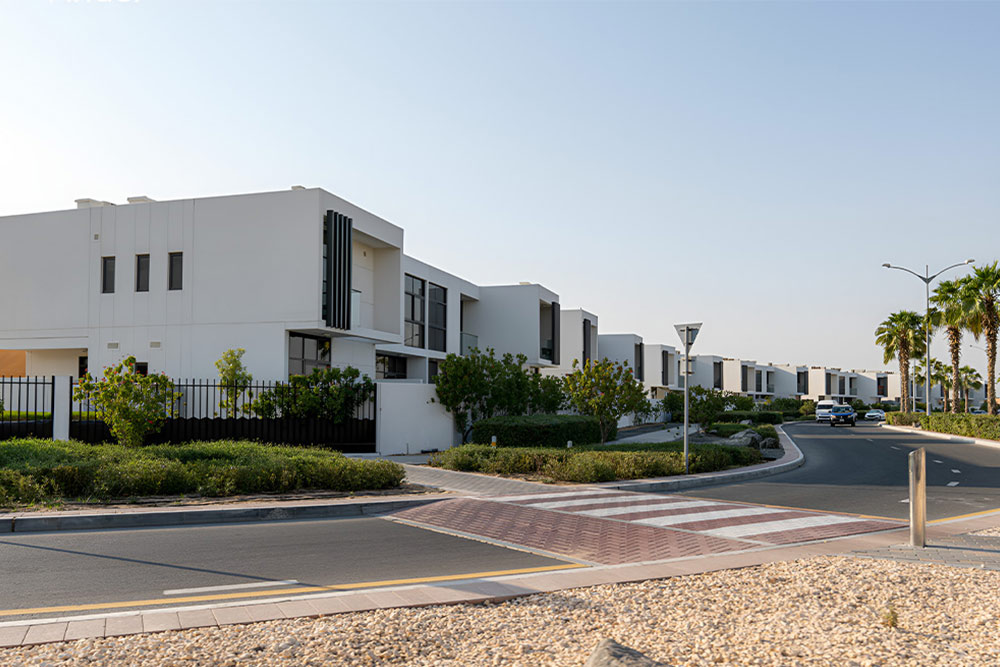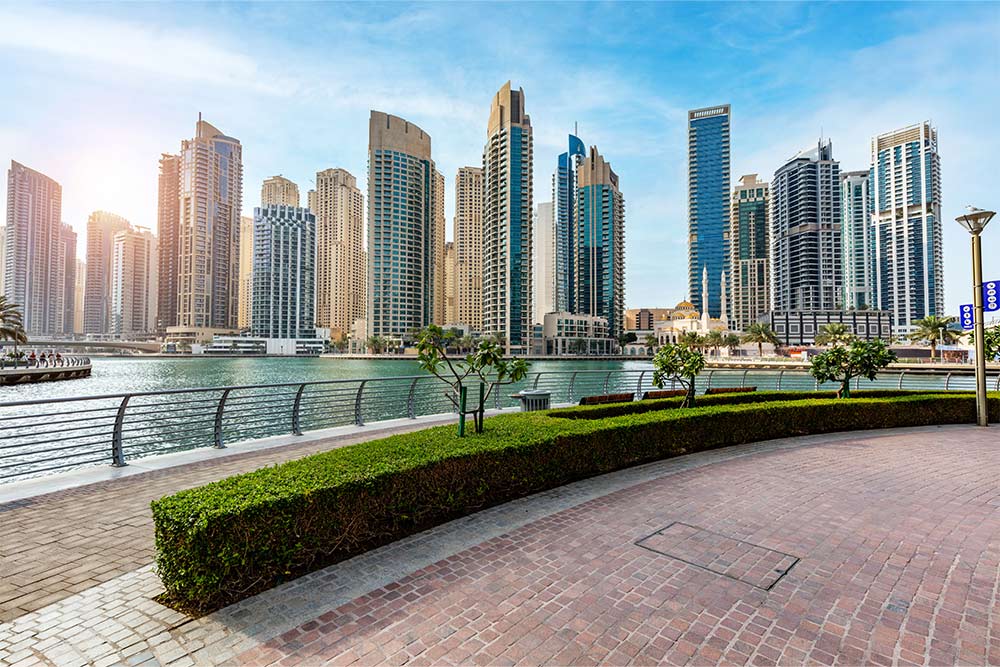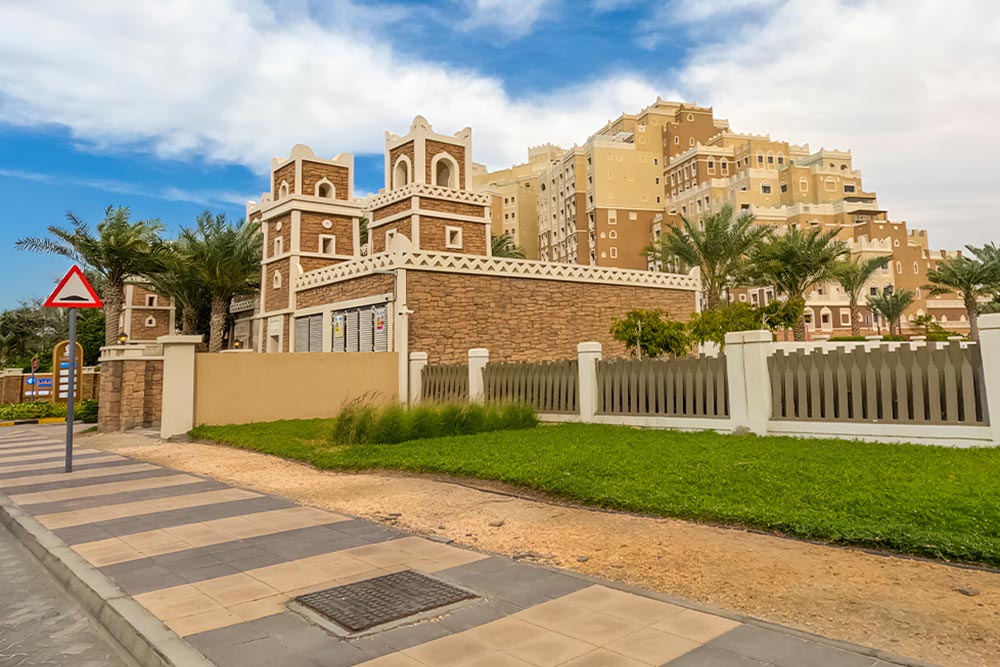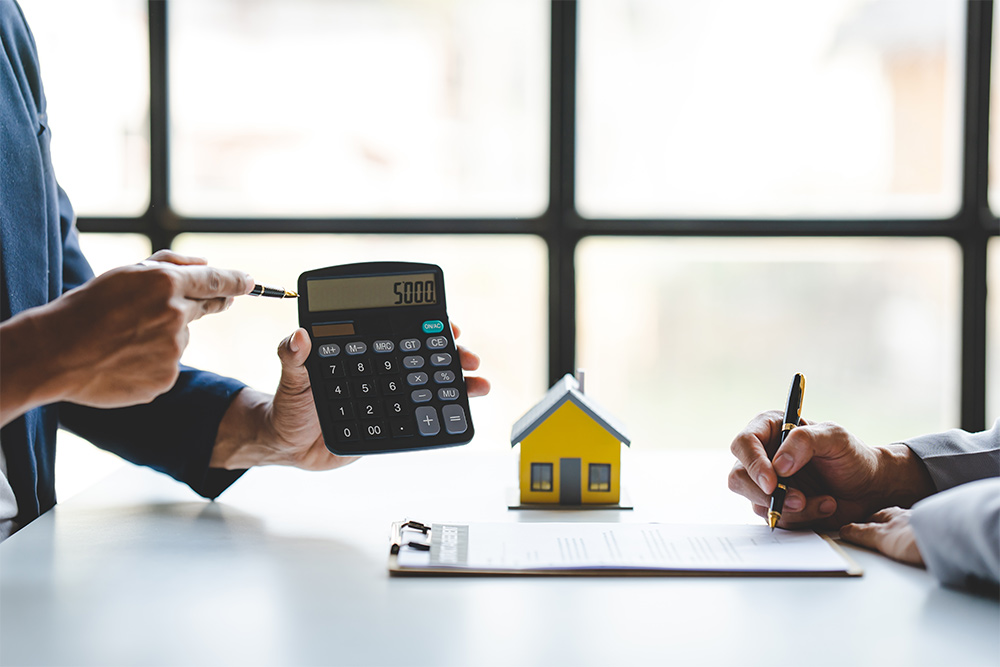Which is better to invest, commercial or residential property?
![]()
Which is better to invest, commercial or residential property in Dubai?
If you are thinking about investing in Dubai’s property market, then a general and important decision is whether to invest in homes or businesses. Both types of qualities offer their own advantages, difficulties and potential profits, so it is important to be aware of the good and bad aspects of commercial vs. residential property investment.
Whether you are considering a stylish apartment in Dubai Marina or considering a shop in a vibrant professional field, knowing that differences can help you make a sensible investment. In this guide, we will explain the benefits, shortcomings and important things to think so that you can choose the investment passage that is best for your objectives.
Let’s examine the potential advantages of commercial versus residential real estate investments:
Types of Renters
Businesses ranging from newly established startups to large multinational corporations occupy commercial properties. These places appeal to professionals, individuals who own businesses, and outfits the positions of Dubai as a central location for offices, storage facilities, or shops, organisations, and international commerce.
Commercial real estate people lease in the market often prefer long-term investment, looking for places that will improve their commercial activities and attract customers.
In contrast, residential qualities mainly offer houses for families, single persons or foreign workers in Dubai. Their housing options vary from apartments to villas. These residential tenants typically have small migrations, prefer convenience, safety, safety and educational institutions, health facilities, and other local facilities.
![]()
Property Costs
Commercial real estate generally takes over higher prices when we are contrary to property values in Dubai business and housing markets.
The properties designated for commercial use in major commercial hubs such as downtown Dubai or Business Bay usually increase the price tag due to their ability to generate significant investment returns. It also includes elements such as more expander layouts, special features and beneficial placements within business centers.
Conversely, housing units typically present a more accessible price point. The price of homes is upsurp -ups based on their specific area. Famous places such as Dubai Marina and Palm Zumera attract high cost relative to more external residential areas within Dubai.
For an investor, intensive evaluation of property categories and their places is required to detect the most suitable option for your financial objectives. In addition, it is important to weight your comfort level with price variation and risk when choosing an asset for investment.
economic crisis situation
When the economy faces recession, commercial real estate often experiences more instability. This is because businesses can return their activities or even stop operations during such a challenging period. However, it is worth noting that well -located commercial properties in desirable areas often manage to catch their value, showing flexibility even among comprehensive economic difficulties. These prominent places can remain attractive due to their strategic importance and underlying demand, distinguishing them from general unpredictor that affects the comprehensive commercial property market during the economic crisis.
In contrast, residential properties usually show a large degree of stability. While the cost of rent and a slight decrease in property values can be seen in case of an economic crisis, the overall effect is generally less severe. As a result, the residential market leads to a significant level of protection against the major recession, roughly because the fundamental requirement for housing persists regardless of economic conditions. People will always need a place to live, which creates a consistent demand that reduces the stability of the residential real estate sector even during economic uncertainty.
This is important to estimate possible ups and downs in your income, especially when the economy slows down. A strategic approach to reduce this risk involves spreading your real estate investment in various property types. By the owner of a diverse portfolio of assets, you can create a more balanced investment strategy. This diversification acts as a security, if a segment of the real estate market experiences recession, it helps to protect you from significant financial impact. This active approach can provide more and more financial security
![]()
Pricing
Objectives for business use often come with more and more expenses for upgrades and maintenance. This is because their design meets commercial activities, requiring more specific installations and features that appeal to customers.
For this type of assets, agreements often require tenants to pay for fees related to supplementary property. These may include items such as property tax, insurance coverage and regular maintenance.
Compared to commercial places, homes usually have a low monthly fare fees and have day-to-day running costs. This makes them a more attainable option for the broad spectrum of individuals and families seeking housing. However, it is important to remember that costs can be deposited to maintain and fix residential units, especially in buildings that are old.
Residential Areas
Primary focus in developing the housing districts of Dubai is to prefer the ease and comfort of its inhabitants. Every aspect, from urban design to the availability of local suitability, is considered to promote a simple and pleasant way of life carefully. Overching purpose is to create environment where daily life is both managed and satisfactory for those who call these communities home. To underline Dubai’s commitment to underline this thoughtful approach.
Housing development such as Dubai Silicon Oasis and Arabian Ranch has easily available facilities like parks, children’s play areas, educational institutions and retail shops. These places are specifically appealing to families, who provide essential services within easy access.
Conversely, commercial real estate is generally located within the vibrant trade hub. Reach in these areas is accessible to make efficient business activities facilitated and the flow of significant pedestrians and vehicles. Unlike residential neighbourhoods, family-focused environments are generally absent in commercial areas. Priority here lies instead of business-based fuel as well as folding communities.
![]()
Long-Term Rental Agreements
In Dubai, the Tenancy Law frequently stipulates lease durations of one to three years for those renting homes. These contracts usually include the option for renewal upon expiry. Furthermore, any increases in rental costs are governed by regulations established by Dubai’s Rent Disputes Center, which offers a degree of security for individuals leasing residential spaces. This framework aims to provide a clear and consistent structure for both landlords and tenants in the residential property market.
Lease agreements for business premises typically span a longer period, generally from five to ten years. This extended duration aims to offer businesses a secure and consistent location for their operations and a reliable flow of income for lessors. It’s not uncommon for commercial renters to negotiate periods without rent or lower rental fees during the initial years of their tenancy. These longer lease terms also enhance the reliability and predictability of the income generated from the property.
Potential of High Profits
Investing in commercial properties can generate substantial earnings. This presents a significant benefit for investors who rent out spaces to prominent companies or international organizations. Typically, these properties command higher lease rates due to their desirable locations and the strong need for business premises. Investors in commercial real estate can typically expect rental income ranging from 7% to 10% of the property’s value.
Conversely, residential properties generally yield returns in the vicinity of 5% to 7%, while providing a consistent stream of income. The reduced level of risk coupled with the long-term stability associated with residential real estate investments makes it a compelling choice for individuals prioritizing lower risk and greater predictability in their investment portfolio.
![]()
FAQs
What Are the Benefits of UAE Tenant Laws?
The UAE legal system includes specific protection for residential and commercial tenants, such as found in the UAE Civil Code. These laws control the property ownership and transaction agreements to ensure fair fare behavior in both residential and commercial areas.
Which Is More Profitable: Investing in Commercial or Residential Real Estate?
When considering real estate for investment purposes, both commercial and residential options come with their sets of benefits and shortcomings. To aim for profitable results, it is important for the factor in your personal needs, weighs potential risks, and gains knowledge about the dynamics of the prevailing market before investing.



